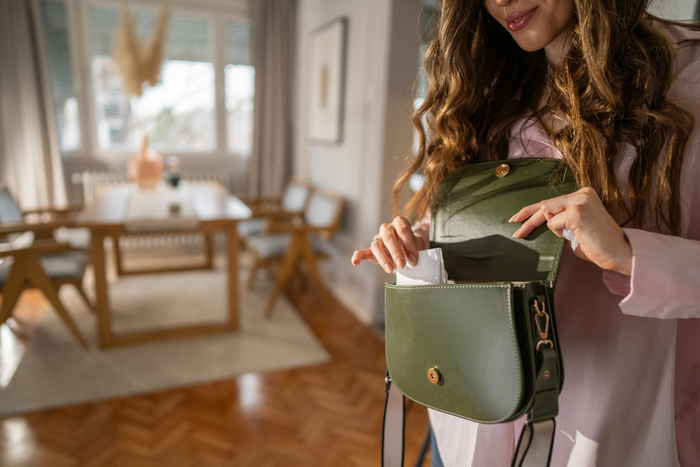Icon: enlarge
Tampon: In Germany, VAT on menstrual products was reduced from 19 to 7 percent at the beginning of 2020
Photo: Cristina Candel / Cover / Getty Images
One in ten girls in the UK cannot afford to buy hygiene products like sanitary towels or tampons, according to a 2017 study.
In a Scottish survey in 2018, some women even said they had to resort to newspapers and old clothes in an emergency.
With the abolition of the so-called tampon tax, period poverty in Great Britain is now to be combated.
At the turn of the year the British left the EU institutions for good.
With the end of the transition phase after Brexit, the UK is no longer obliged to levy a minimum tax of five percent on hygiene products, as stipulated by EU law.
With this, the abolition of VAT on tampons and sanitary towels in the UK comes into effect.
"I am proud that today we are keeping our promise to abolish the tax on tampons," said Finance Minister Rishi Sunak.
Hygiene products are "essential, so it is right not to levy VAT," Sunak said.
Scotland goes one step further
The financial relief from the abolished tampon tax is, however, rather small.
The Treasury Department estimates that removing VAT on toiletries would save a woman about £ 40 over the course of her life.
Therefore, the step that London is now taking is primarily symbolic and political.
Menstrual products are now classified as a necessary product for tax purposes.
Felicia Willow, executive director of the Fawcett Society, welcomed the change: “It has been a long way here, but the gender tax that has led hygiene products to be classified as luxurious, non-essential items can finally come in the history books are banned. "
In the fight against period poverty, charities and women's rights organizations are calling for more free access to menstrual products.
Tampons and pads have been distributed in public schools and universities in England for a year now.
Scotland went a step further in November by making hygiene products freely available for women.
It was the first country in the world to vote for such a step.
In Germany, VAT on menstrual products was reduced from 19 to 7 percent at the beginning of 2020.
Icon: The mirror
AFP / asc














